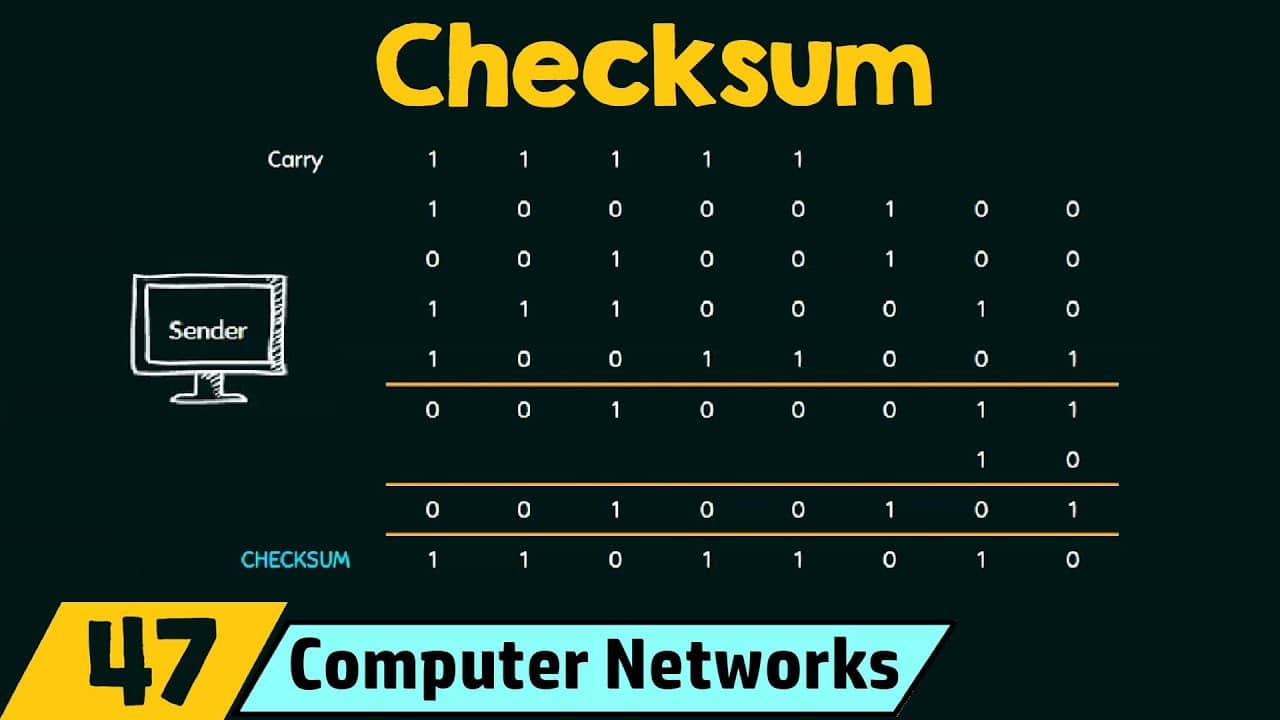Checksum is a type of algorithm used to detect data integrity and verify authenticity of digital information. It is commonly used to ensure accuracy of data transmitted over the internet or between two computers. The checksum is calculated by taking the sum or hash of the data, and then comparing the results against a predetermined value. If the results match, the data is valid.
Checksums are an important security measure to ensure data integrity. They are used to verify data sent over the internet, check for data corruption in email or online databases, and to validate software downloads. For example, when you download software, a checksum is used to make sure the file has been downloaded correctly and is the exact version intended for installation.
Checksums come in a variety of forms, but are most commonly based on the Secure Hash Algorithm (SHA) and Message Digest Algorithm (MD5). SHA takes data input and creates a unique 128-bit value called a message digest. This value is then encrypted and compared with a predetermined value to validate its authenticity. In addition to file integrity, SHA is used for data security protocols such as secure sockets layer (SSL) and transport layer security (TLS).
MD5 is a similar algorithm used to create a unique code called a hash. It takes any number of bytes as input and outputs a 128-bit value. MD5 is commonly used to verify the integrity of large files before downloading. It can also detect and prevent tampering with data.
Overall, checksums are an important part of both data security and digital forensics. They provide data verification by producing a unique code for each set of data that can be compared against a predetermined value. As a result, data integrity is maintained and preserved.






